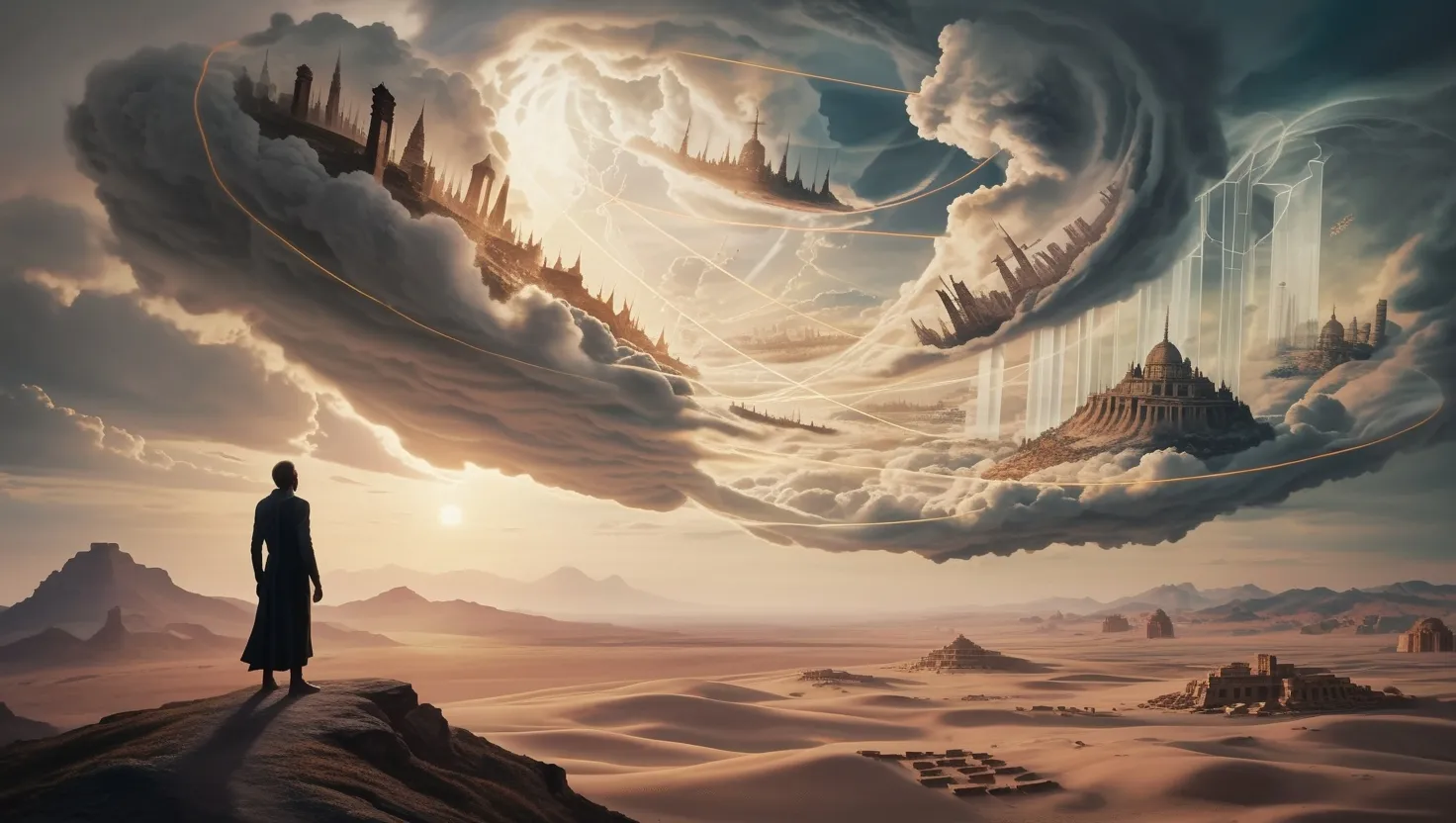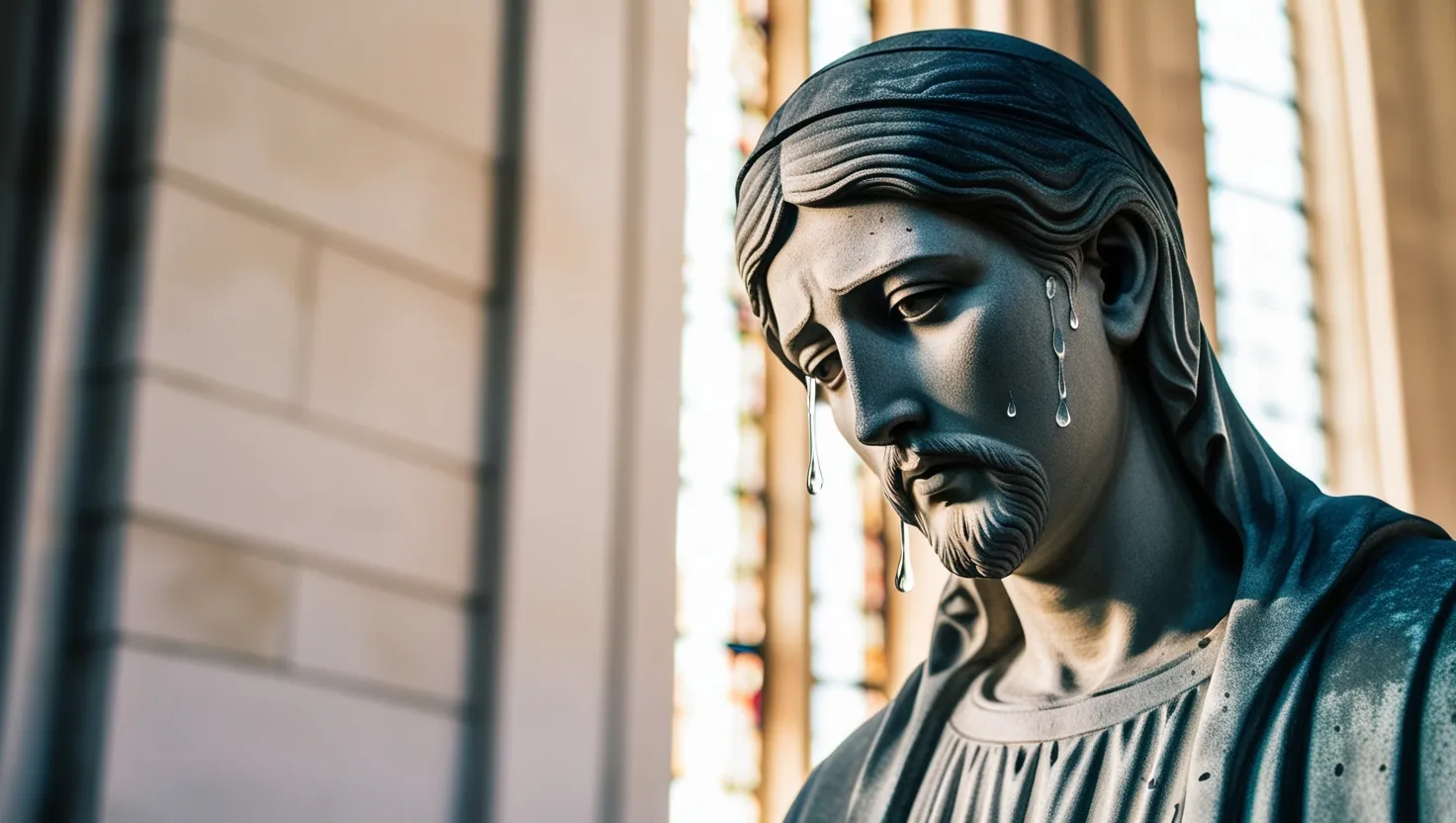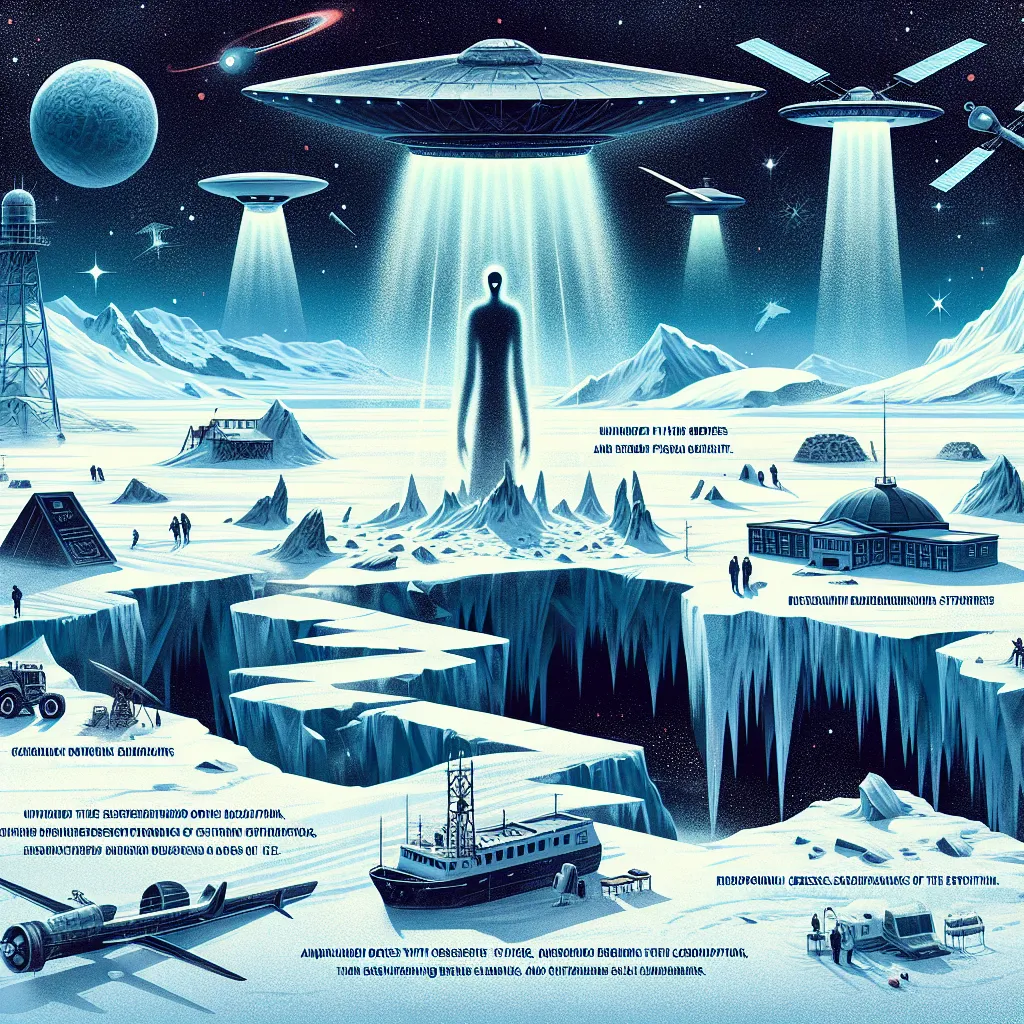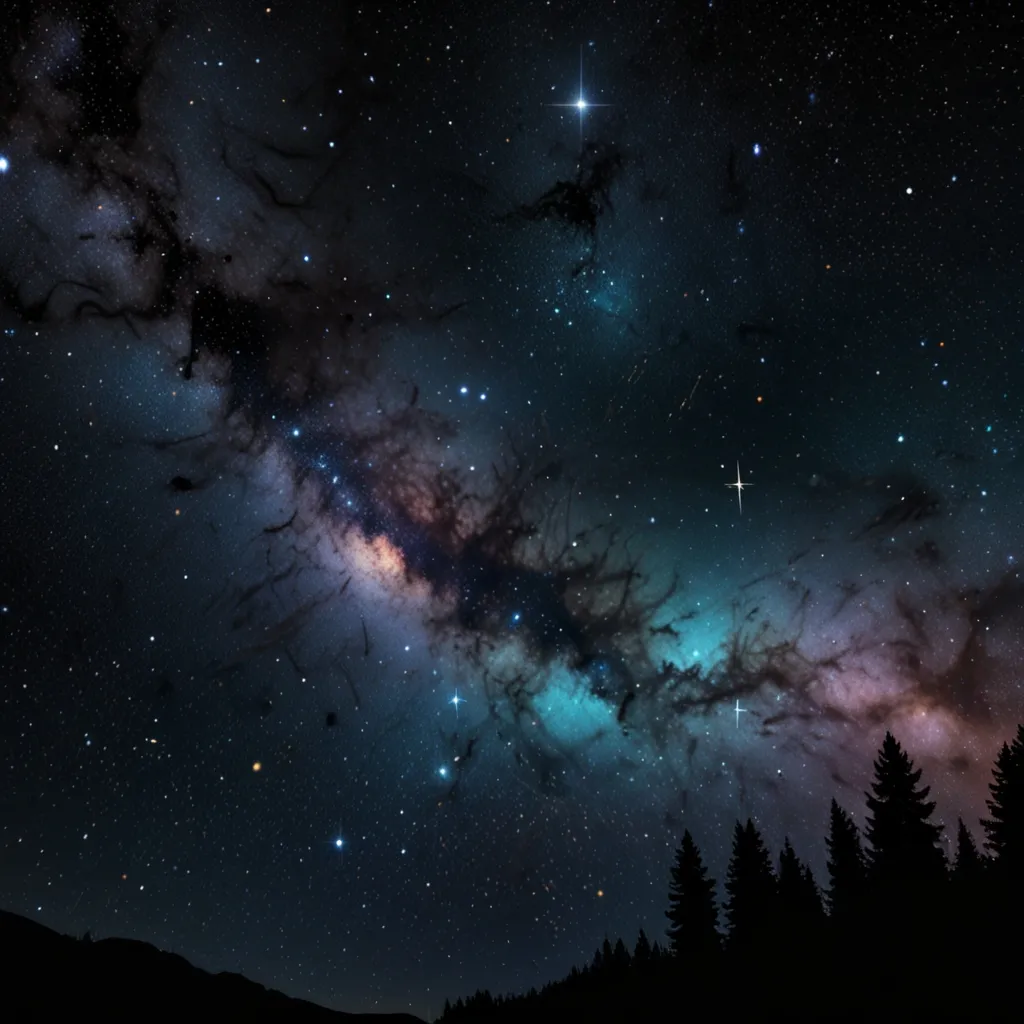Visions have shaped the course of history in ways that often defy rational explanation. Throughout cultures and centuries, we see accounts where someone, guided by images or words that came unbidden, foretold events that later unfolded with striking accuracy. When I reflect on these seven stories, I am struck not only by their uncanny precision but also by how they push us to reconsider what we think we know about time, destiny, and human perception.
Why do so many prophecies center around turmoil, war, or sweeping change? Perhaps the magnitude of these events ensures that if a prediction comes true, the world stands up and takes notice. But what do we make of the stories where private destinies, the fall of cities, or odd natural disasters are anticipated just as keenly?
Consider the prophecy surrounding the rebirth of Israel. The Hebrew prophets Jeremiah, Isaiah, and Hosea described, centuries apart, the scattering and eventual homecoming of an entire nation. They spoke of Jews remaining distinct from the cultures they moved through, and the eventual re-establishment of Israel in its ancestral home. In 1948, exactly as described, the modern nation of Israel was declared. Against a backdrop of global conflict, shifting alliances, and the ravages of war, could this astonishing return be dismissed as chance? It’s easy to see why skeptics point to political forces—but the specificity of these predictions deserves a second look.
“If you want to see the future, look at the past through the eyes of those who dared to dream.” — Anonymous
Another remarkable story comes from the ancient kingdom of Edom, once lush, now barren. Jeremiah and Ezekiel predicted its downfall and desolation, despite its accessible waters. If you visit the region now, you’ll see a landscape that’s eerily quiet, a dry expanse where villages once thrived. Was this foresight or an educated guess? Historians often debate the odds, but the radical transformation of the land aligns with words spoken over two millennia ago.
Then, there’s Daniel, the statesman and dreamer, who lived in Babylon. In his visions, Daniel saw empires rise and fall. He named the Persian and Greek kingdoms, predicting in detail the conquest of Persia by Greece—a reversal many at the time would have thought impossible. The angelic interpretation of his vision said the “ram” was Persia and the “goat” was Greece. Years later, Alexander the Great swept across the world, defeating Persia in a way that mirrored Daniel’s description. Was Daniel merely a keen observer of political storms, or was something greater at work?
“History is full of surprises, but prophecy is surprise written in advance.” — Victor Hugo
We also see prophetic visions at the heart of faith communities. Joseph Smith, a farm boy turned religious leader, gathered his followers and, amid heavy persecution, foretold that they would settle in the Rocky Mountains. Not only did this happen, but those he named personally became instrumental in building cities and temples in Utah. If faith had failed, there would have been no migration; if timing or resources had faltered, the vision would have gone unrealized. Yet the settlers arrived, thrived, and their descendants still tell the story.
One of the most iconic prophecies centers on Jerusalem’s twin destructions—first by Babylon, later by Rome. Jeremiah and Jesus both spoke of the city falling, the temple razed, the people scattered. Both times, their words were fulfilled, with astonishing brutality and precision. What prompts someone to predict doom upon their own people? When these events arrive, so closely mirroring their predictions, the debate reignites between divine inspiration and human skepticism.
“Prophecy is not to predict the future, but to shape it.” — Antoine de Saint-Exupéry
For many, visions appear in times of stress or despair. Yet some foretell gentler changes. I think of prophecies spoken in local communities, predicting births, recoveries from illness, or the return of loved ones thought lost. These stories rarely make headlines, but ask yourself: have you ever known someone who “just knew” what was coming? Are we all, in small ways, prone to flashes of foresight, or are these moments rarer than they seem?
A lesser-known but revealing tale comes from the journals of mystics in medieval India, describing visions of shifting rivers and new cities. Some rivers did alter their course—sometimes immediately after a vision was recorded. In Native American traditions, elders foresaw invasions, tragedies, but also times of peace. It’s humbling to realize how widely distributed the phenomenon is. Across languages and continents, people claim visions that defy their circumstances.
“Those who have sight see many things; those who have insight see more.” — Anonymous
Across all these experiences, a persistent question emerges: are some individuals simply more attuned to patterns or possibilities hidden to the rest? Is prophecy about supernatural knowledge, or do some just possess heightened intuition? The boundary between inspired vision and rare instinct can sometimes feel razor thin.
The precision of timing in many visions adds another layer of intrigue. Take the case of Daniel specifying a period of 483 years between a decree to restore Jerusalem and the coming of a messiah. The calculation, running from ancient Persia’s king, matches historical events with uncanny detail. Was this a coincidence, a cleverly constructed narrative, or evidence of something neither science nor history can fully explain?
Occasionally, visions reveal not grand historical movements, but quiet truths about personal destiny. Stories abound in every faith tradition: the monk who predicted the future identity of an orphan; the grandmother who foresaw the healing of her village; the slave-turned-preacher whose dreams warned of storms and fires, saving many lives. What are we to make of these? Do they serve as a reminder of the hidden dimensions of human experience?
“This is the test of prophecy: the unexpected, arriving with purpose.” — Isaac Bashevis Singer
There’s also a fascinating twist in the debate. Skeptics often counter that what looks like prophecy might be chance, selective memory, or clever interpretation after the fact. Sometimes, they’re right. Yet when predictions are so specific they rule out accident, something deeper must be considered. What sort of mind can see beyond its own time? And what happens when their vision runs contrary to everything known at that moment?
The ongoing conversation between believers and doubters is, in itself, telling. Some call into question the motives of prophets, contrasting inspired insight with desire for influence or control. Others see the fulfillment of prophecies as affirmations of faith, beacons of hope when the world grows uncertain.
For me, the most compelling questions are the ones each of us must face: Is there genuine meaning in vision? How should we respond when we witness—or hear—stories that consistently outpace rational explanation? What might it mean for our understanding of time, causality, and the limits of individual perception?
In the end, these seven stories point to a reality where boundaries are thinner than we imagine. Should we dismiss what challenges our current models, or should we remain open to the possibility that what science may one day explain, faith has often glimpsed beforehand? If visions sometimes shape history, are we blind to the potential within ourselves to anticipate, intuit, or dream with a purpose?
“Do not go where the path may lead, go instead where there is no path and leave a trail.” — Ralph Waldo Emerson
Are you convinced by these examples, or do you still wonder whether chance is the true author? If you find yourself wavering, think of how many events in your own life arrived with a sense of inevitability, as though you saw them coming. What separates us from the prophets, and what unites us with dreamers across ages? Perhaps the best answer is to keep questioning, examining stories and visions both famous and obscure, and to remember that every time a vision becomes real, the world asks us anew: Was this prophecy, or was it something yet unnamed?






